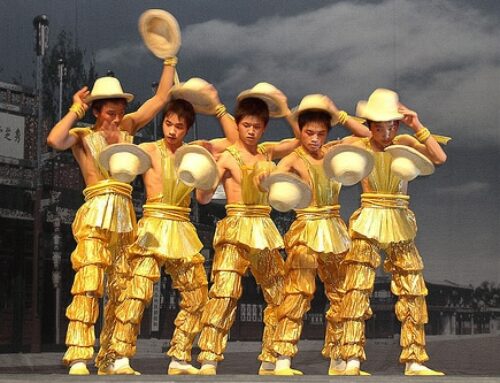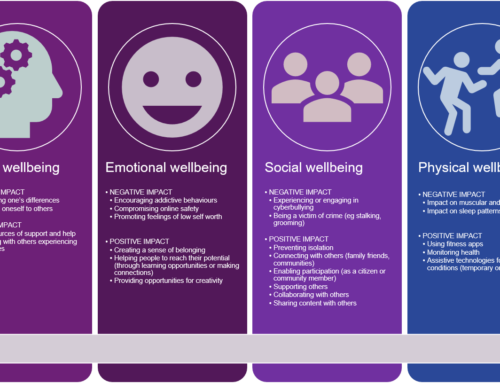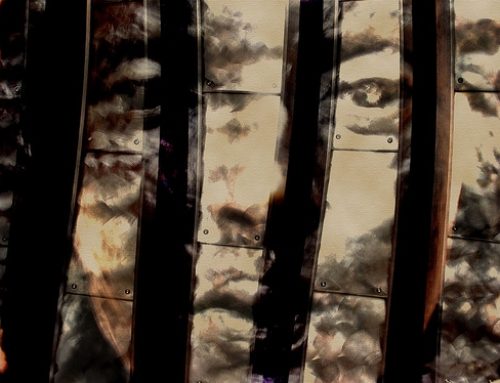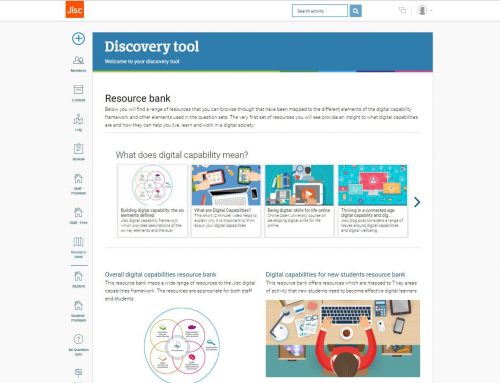From OERs to Open Practice
In a recent post about my OER work I talk about a move from focussing on open educational resources to open practice. This situates OERs within open practice – as one aspect of it. So for me OERs are resources used to support learning in either a formal or informal setting, could be developed or used by groups in institutions or other communities or individuals, or could actually be generated as part of learning activities. They need to be accessible in a range of ways – pedagocially, technically in terms of formats, usable/adaptable through appropriate licences depending on the contexts of people using them. In terms of granularity OERs cover the whole range – from individual assets to whole modules or courses. Often they are released with broader intentions – such as fostering Communities of Practice.
By Open practices I mean a broad range of practices which have an ‘open’ philosophy, intention or approach. Within a learning and teaching context this includes open learning as a separate activity/practice (of learners) to the provision of teaching or formal education which we could describe as open Educational practice (of teachers). Open practices can include both informal and formal learning and teaching and can take place at individual (learner or teacher) or social (group, collective, institutional) contexts. Formal open practice is situated in the wider educational context and is influenced by the cultures and traditional practices of institutions in different educational sectors. Informal and formal open practice takes place within wider societal contexts which are evolving rapidly. Open practices take place in, and are enabled by, a highly connected socially networked environment.
MOOCs (massive open online courses) offer an opportunity for us to challenge our learning and teaching practice, to try out new approaches, encourage and facilitate the inclusion of student generated content, peer review and feedback and generally transform the learning experience. They might take us outside out comfort zones as learners or teachers and encourage transformation in practice. My favourite 4life MOOC is DS106. I am also attending the Change, education and technology mooc and this week I am supporting my colleague Allison Littlejohn as she leads the collective learning week. We recorded some interviews about collective learning and explored some of the aspects relating to open educational resources (OERs) and literacies.
From Open Practice to Open Literacies
For me the notion of open practices leads inevitably to the notion of open literacies. I have been involved in and written about digital literacies and adding another term to the literacies mix is not done lightly, but I think it is important to consider digital literacies in terms of open practice. Allison talks this week about Collective Learning. For those who haven’t read the papers and discussions so far it may be helpful to include this definition:
“The idea is that people learn while sourcing, connecting and making sense of knowledge fragments within the large pool of collective knowledge (Siemens, 2005), ‘Collective learning’ is the term used to describe learning processes that make use of this collective knowledge. A unique aspect of collective learning is it generates a new paradigm for learning in which the individual and ‘the many’ are indivisible, in the same way as an individual user of a social network is inseparable from the set of connections that comprises the network itself.”
We have been thinking about the literacies people need for collective learning. Allison describes knowledge resources as the ‘lifeblood of social and collective learning’ and this is where we can see OERs fitting into the picture. Open educational practices link strongly to collective learning – in order to participate in an open way we need to understand the implications of this to both contribute to collective knowledge and learn from it. We need to understand and manage our ditigal identities and be able to tell our digital stories. We need to weave our stories with those of others and often work in an open collaborative way. Sometimes we need to lose our individual sense of self within the collective. We need to be able to distinguish when to be open and when not to be. Some work or employment related contexts make it impossible to be open and we have to manage this fairly delicate balance.
Allison has written a post about this explaining our thoughts on connections between oers and literacies with collective learning and and we hope to provide opportunities to discuss this with change11 mooc participants. My personal feeling about this is that if I have literacies to effectively engage in collective learning then I have the power and knowledge to make my own and other’s lives better. I thought it might be good to offer a powerful and personal example.
From Collective Knowledge to Collective Action
As a parent of a child with a diagnosis of autism I could sit back and let the professionals tell me what they want me to hear – after all they are the ‘experts’. Instead I have become part of an incredible network – driven by a desperate (and I don’t use that word lightly) need (our binding force) to understand my son and to fight for his rights to have his needs met. This network is made up of people like myself, with similar driving forces. From the most basic desire to share and just learn that you are not alone to getting urgent information when you need it – the network delivers. We can access research through academic papers and interperate it for each other (despite the closed access publishing mechanisms) and have access to the same information as the professionals.
But one of the most amazing aspects of this incredible social network is that we know as a collective what those ‘experts’ don’t know. We pool our collective experience and create a new understanding. As a group we can question their knowledge. A good example is the issue of empathy. It has long been stated by the experts that autistic people lack empathy (indeed it has been utilised as part of diagnostic criteria) – but those of us that live this have known for ages that some autistic people are hugely empathic and that their problems stem from being overwhelmed by this. There is a big difference in having no empathy and being overwhelmed by it to the point of being unable to articulate or act on it. See these websites for excellent example of collective knowledge in action Autism and Empathy – dispelling myths and breaking stereotypes and Simon Baren Cohen – autism and empathy. There is now growing recognition by the ‘experts’ that many people on the spectrum expereince too much overwhelming empathy.
It is then a small step from sharing and creating knowledge to taking collective action – utilising the open space to collect information and people, to protest and to lobby and to be heard. Another brilliant example of this is the uk home learning network which recently came together despite being a highly diverse set of people to fight against ill thought out legislation. See the post Having a voice for more information.
This post is written from a personal perspective but I should acknowledge that it comes from collective knowledge/learning from work done with colleagues.








[…] You may wish to critique some of the ideas in these blogposts. Firstly one on literacies and resources for collective learning http://littlebylittlejohn.com/learning-ecosystem/ by me. Secondly one on Collective knowledge to collectove action: from Open Educational Resourcesto open practice by lou McGill http://loumcgill.co.uk/2011/10/collective-knowledge-to-collective-action/ […]
[…] From Collective Knowledge to Collective Action. “But one of the most amazing aspects of this incredible social network is that we know as a […]
[…] Collective knowledge to collective action: OERs and Literacies; […]
[…] Hopefully My Story of O(pen) will help give a sense of what "open practice" means. Its a phrase that me and some of the folk I work with have started using as an umbrella term that covers a lot. Trust your instinct about what you think it might mean. This quote from Lou McGill sums it up well: "By Open practices I mean a broad range of practices which have an ‘open’ philosophy, intention or approach […] Informal and formal open practice takes place within wider societal contexts which are evolving rapidly. Open practices take place in, and are enabled by, a highly connected socially networked environment" (see Lou McGill's original post). […]